Do you find that your skin easily reacts to allergens, strong products, or stress? Then you might have sensitive skin. Navigating sensitive skin can be tricky so we’ve put together a guide to walk you through the do’s and don’ts of skincare for your sensitive skin.
Understanding Sensitive Skin
If you have sensitive skin, you need to be more mindful of the products you incorporate in your routine as your skin can react badly – fast. But why does this happen?
Causes of sensitive skin
There are many possible causes for sensitive skin.
Some people are born with it because they have a genetic predisposition to sensitive skin, which means that they’re just naturally intolerant to some ingredients. Medical conditions that affect the skin such as rosacea and eczema can also get triggered by harsh chemicals or allergens. Hormonal fluctuations during puberty, pregnancy, or menopause can also change the way your skin reacts to certain products.

Apart from these internal factors, external triggers can also cause your skin to be sensitive. Allergies can develop from frequent exposure to fragrance, preservatives, and other ingredients. Over exfoliation can also break down your moisture barrier to the point that it is unable to protect the skin from pollutants and harsh weather. If you don’t manage your stress levels, this can also cause your immune system to weaken and consequently, your skin as well.
Identifying sensitive skin
The telltale signs of sensitive skin can vary from one person to another, but the biggest tell is skin reactivity. If you experience itching, redness, or any signs of inflammation immediately after trying out a new product, you might have sensitive skin. Some people also experience breakouts and rashes, dryness and flakiness, and even stinging.
Common skin conditions associated with sensitive skin
Acne, eczema, and rosacea are common skin conditions linked to sensitive skin.
Acne-prone skin may easily react to fragrance, parabens, or new ingredients with pustules or breakouts. Eczema is linked to a weakened skin barrier, which is why the skin can’t tolerate harsh products. Rosacea is an inflammatory skin condition that reacts to triggers with broken blood vessels and increased skin sensitivity.
Dos of Skincare for Sensitive Skin
1. Choose gentle, fragrance-free skincare products
The key to choosing skincare for your sensitive skin is to be mindful of ingredients. Having sensitive skin is also a blessing in disguise since it forces you to choose clean and gentle products. This lessens your exposure to harmful chemicals that “normal” skin would otherwise tolerate, and reduces your toxic load overall.
The most common sensitivities for those with sensitive skin are fragrance, alcohol, and sulfates.
Fragrances are often listed as fragrance or parfum. This is an all-encompassing term for any synthetic ingredient or essential oils used to improve the smell of your skincare product.
Alcohol can be listed as alcohol denat or alcohol. Alcohol can be very drying to the skin which can increase your skin’s sensitivity. Though cetyl alcohol and other fatty alcohols are safe and non-drying.
Sulfates are listed as Lauryl Sulfate or Sodium Lauryl Sulfoacetate, among others. Sulfates are harsh surfactants or detergents that strip the skin of its natural oils and cause irritation.
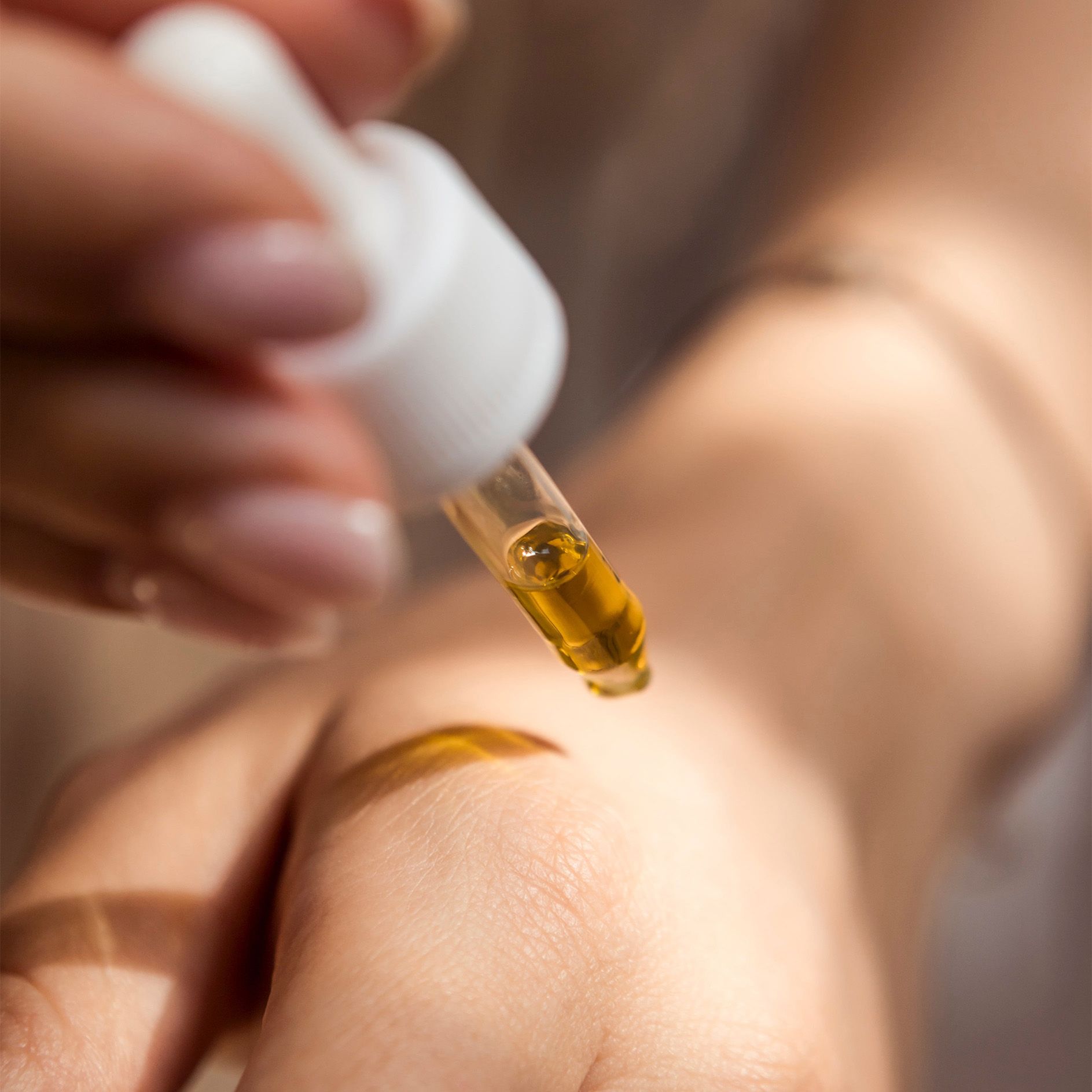
2. Patch test new products
Patch testing is an essential step when trying new products for people with sensitive skin. Patch testing can prevent potential harm on your face. Always make sure to patch test new products before applying them all over your face or body.
To do this, apply a small amount of the product onto a small patch of skin on the inner arm, and observe the skin's reaction for 24-48 hours. If the skin reacts with redness, itching, or swelling, it’s best to stay away from this product.
3. Use lukewarm water when cleansing
Step away from the hot water and use lukewarm water instead. Hot water can strip the skin of its natural oils and moisture, causing dryness, irritation, and inflammation. Lukewarm water is gentler on the skin, which helps to preserve its natural barrier and prevent dryness and irritation.
4. Be gentle when applying skincare products
Rough handling or over-application can cause irritation and worsen sensitive skin. To ensure that you're treating your skin with the care it deserves, apply products gently and with a light hand. Use your fingertips to apply products rather than a washcloth or sponge, which can be too abrasive.
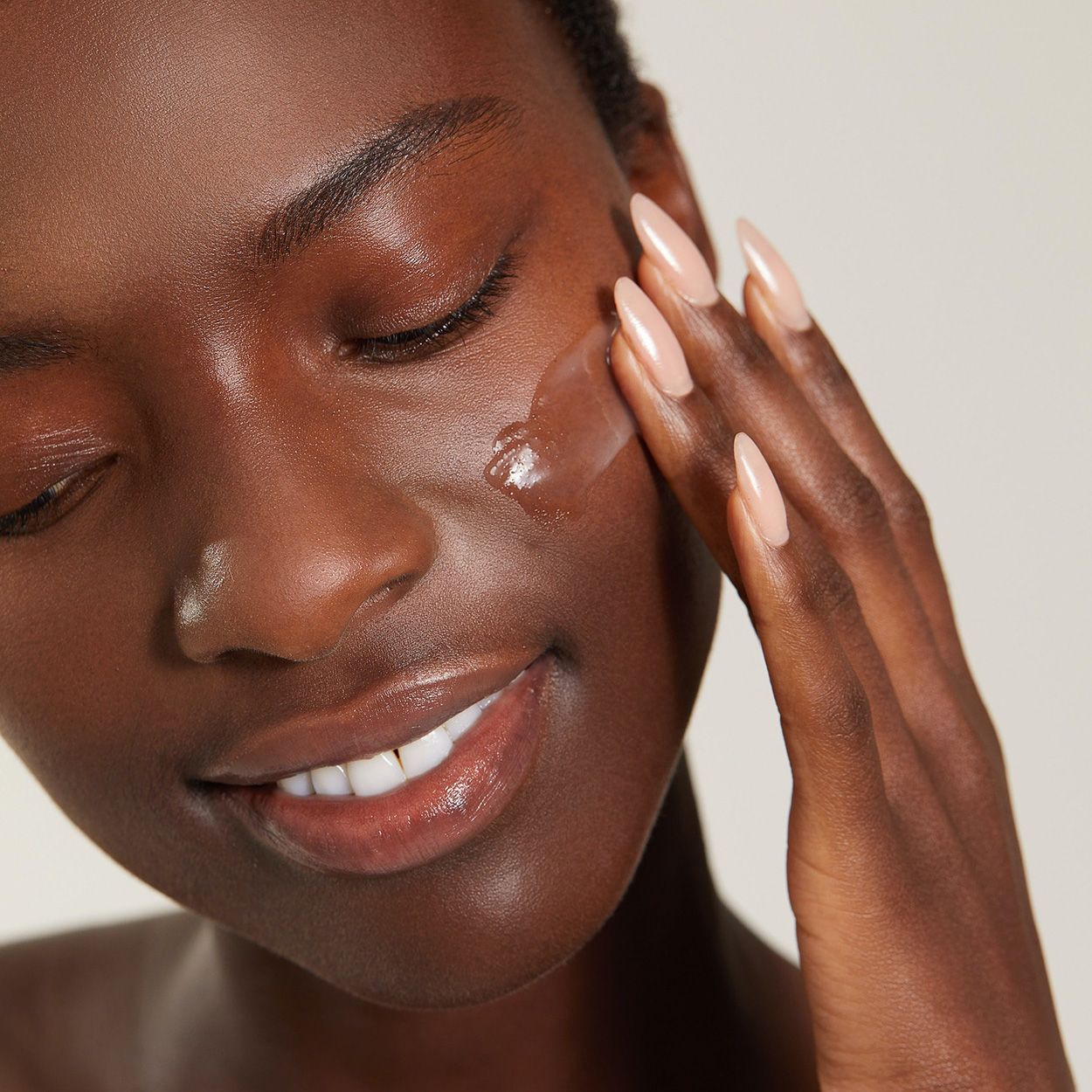
Using oil cleansers is better than using makeup wipes or using cotton rounds that will tug on your skin daily. Avoid rubbing the skin and instead pat or dab the product into the skin.
5. Apply sunscreen daily
Exposure to the sun's harmful UV rays can trigger sensitivity. When choosing a sunscreen for sensitive skin, look for products that are labeled "hypoallergenic," "fragrance-free," and "non-comedogenic."
Mineral sunscreens that contain zinc oxide or titanium dioxide are generally less irritating to sensitive skin than chemical sunscreens.
Don'ts of Skincare for Sensitive Skin
1. Don't use products with harsh ingredients
Using harsh ingredients is not recommended for people with sensitive skin. Some common ingredients to avoid for sensitive skin include alcohol and fragrances. For exfoliating ingredients like retinoids, glycolic acid, and salicylic acid, make sure to test out your tolerance before committing to the recommended usage.
2. Don't use abrasive scrubs or exfoliants
Using abrasive scrubs is not recommended for people with sensitive skin. These scrubs can cause micro-tears on the skin's surface leading to irritation, inflammation, and sensitivity. Instead, it's important to use gentler exfoliation methods that won't harm the skin.
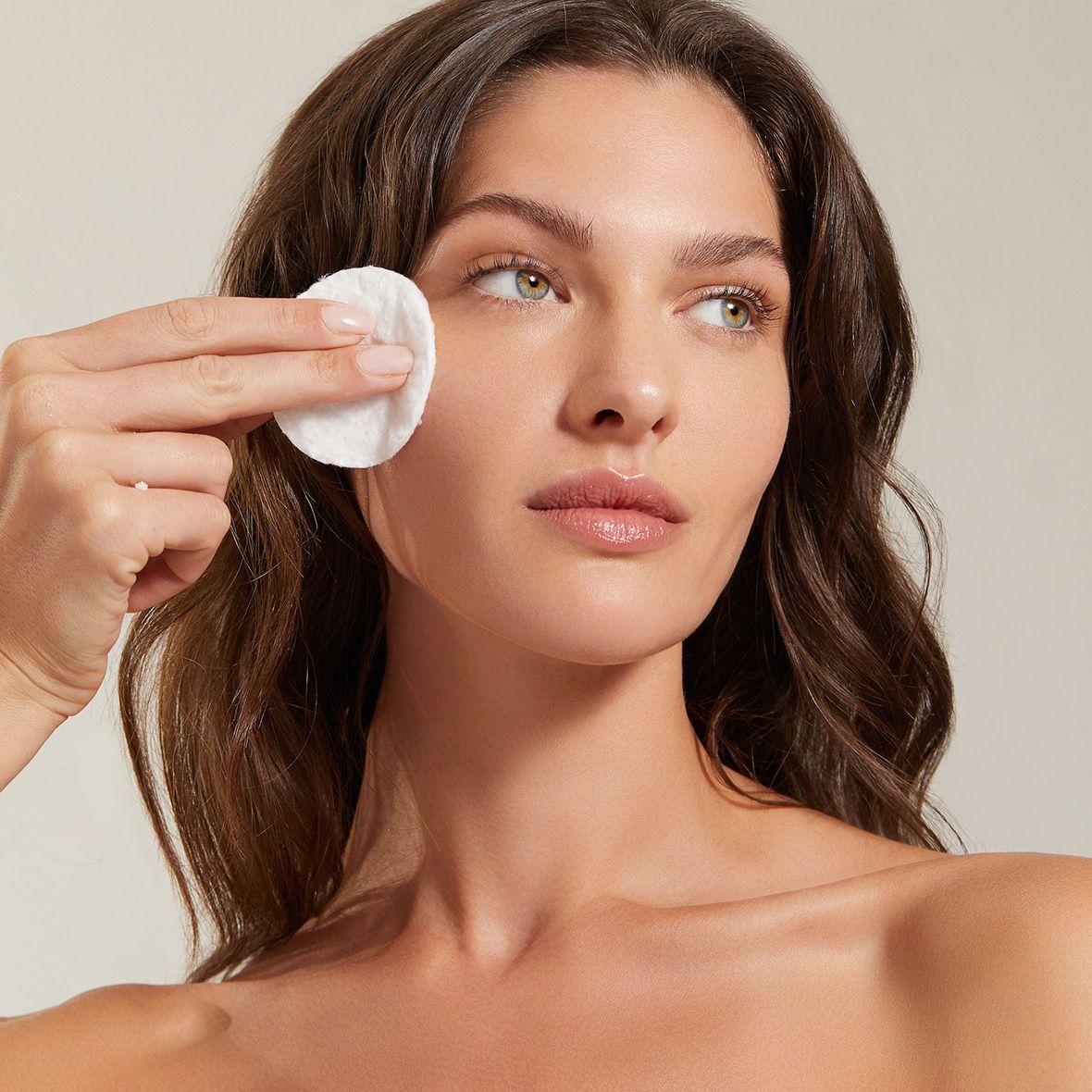
Chemical exfoliants, such as alpha-hydroxy acids (AHAs) or beta-hydroxy acids (BHAs), can be effective without being too abrasive. Enzyme exfoliants, like pineapple or papaya, can also be a good option. Always be gentle when exfoliating and don't overdo it. Exfoliate no more than once or twice a week to keep your skin healthy and radiant.
3. Don't overdo it with skincare products
Using too many products or applying them too frequently can overload the skin. To simplify your skincare routine for sensitive skin, stick to a basic routine that includes a gentle cleanser, a hydrating moisturizer, and sunscreen.
If you want to incorporate additional products, like serums or toners, choose ones that are formulated for sensitive skin and use them sparingly.
Tips for Managing Sensitive Skin
Keep a skincare diary
Keeping a skincare diary can be a helpful tool for identifying patterns and triggers that may be causing sensitivity. By doing this, you can take note of ingredients that cause irritation or particular seasons when your skin might need extra help.
Consult with a dermatologist
Consulting with a dermatologist can provide professional guidance and recommendations for managing sensitive skin. This is important especially if you have other skin conditions such as acne, rosacea, or eczema.
Be mindful of other factors that can affect sensitive skin
Be mindful of other factors that can affect sensitive skin, such as diet, stress, and environmental factors like pollution or weather changes. By being proactive and taking steps to care for your sensitive skin, you can help minimize irritation, inflammation, and other symptoms.
A note from Italic
In conclusion, taking care of sensitive skin requires extra attention and care. By following the do's and don'ts of skincare, you can help keep your skin healthy and happy.
Italic has a wide selection of essential, no-fuss skincare products that can reduce irritation, inflammation, and other symptoms. Achieve a healthy, radiant complexion with any of our skincare sets.
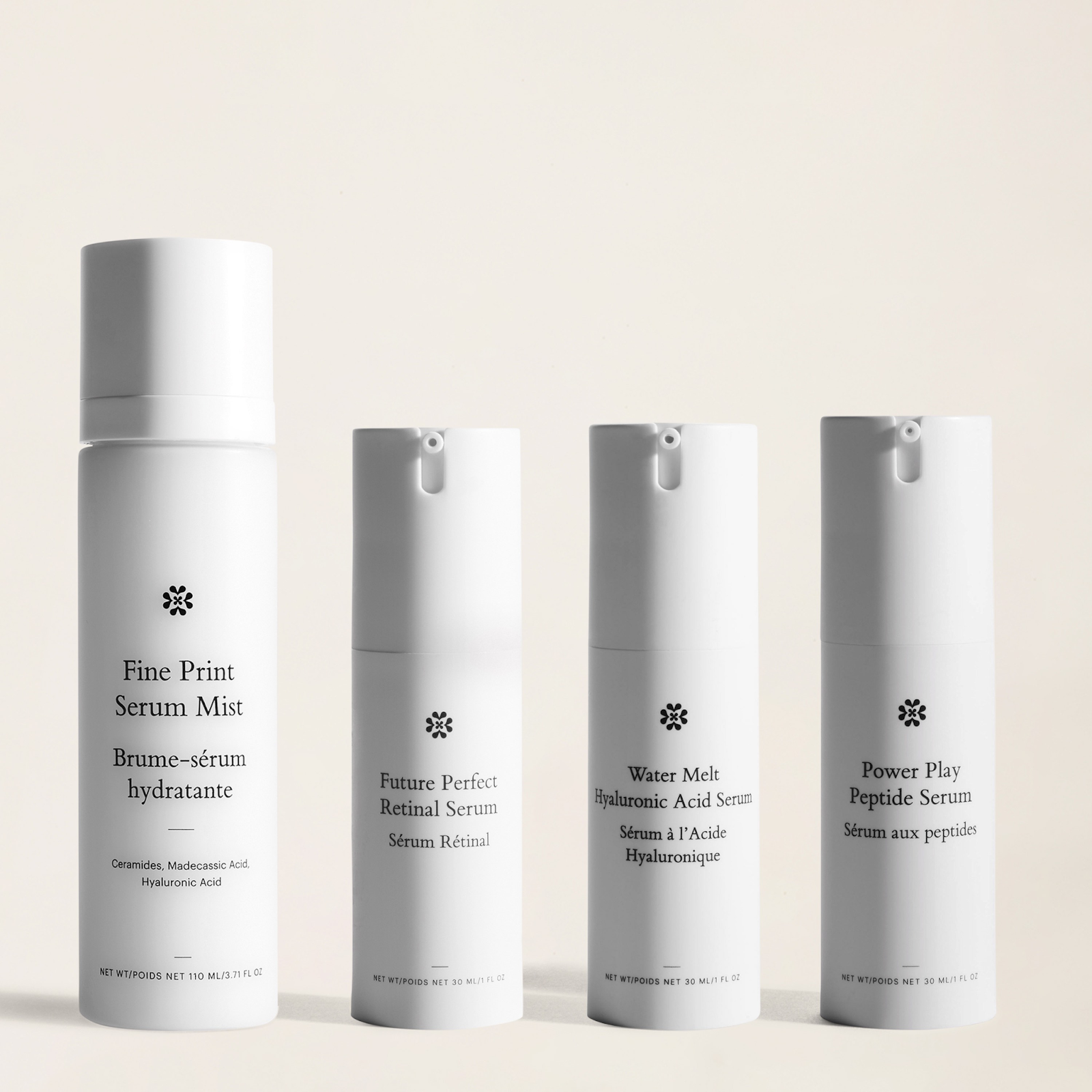
High-Performance Serums Set
Meet our collection of high-performance serums enriched with potent ingredients to deliver serious results. These full-size serums cover all skin concerns from hyperpigmentation, fine lines, skin texture to dryness. Developed with world-class chemists for expert formulations that improve skin health over time.
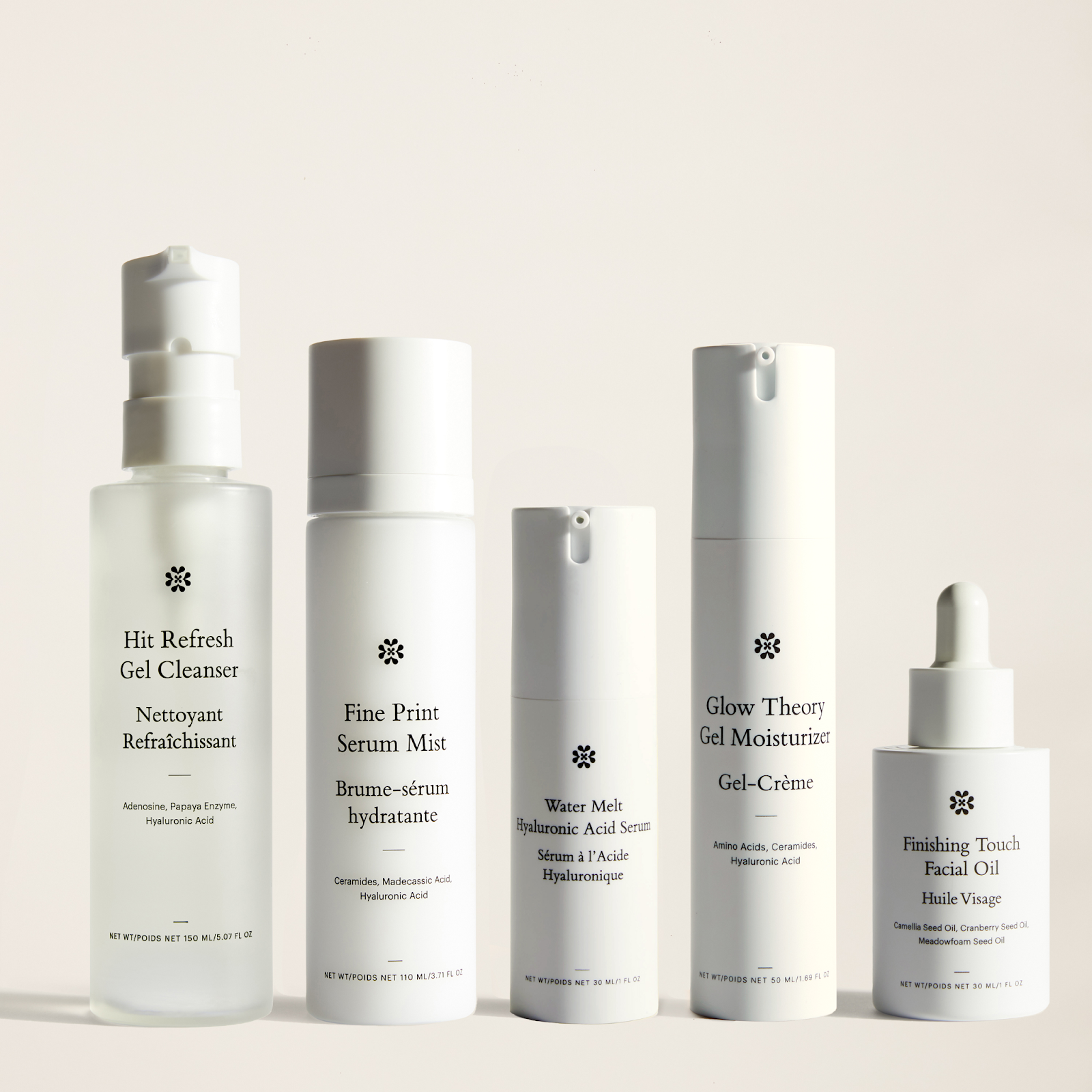
Hydrating Bundle
Ultra-hydrating and rejuvenating skincare to transform your skin with a five step routine. A deeply hydrating blend of hyaluronic acid and nourishing oils to lock in moisture, plump and smooth the skin, while providing the ultimate hydration.
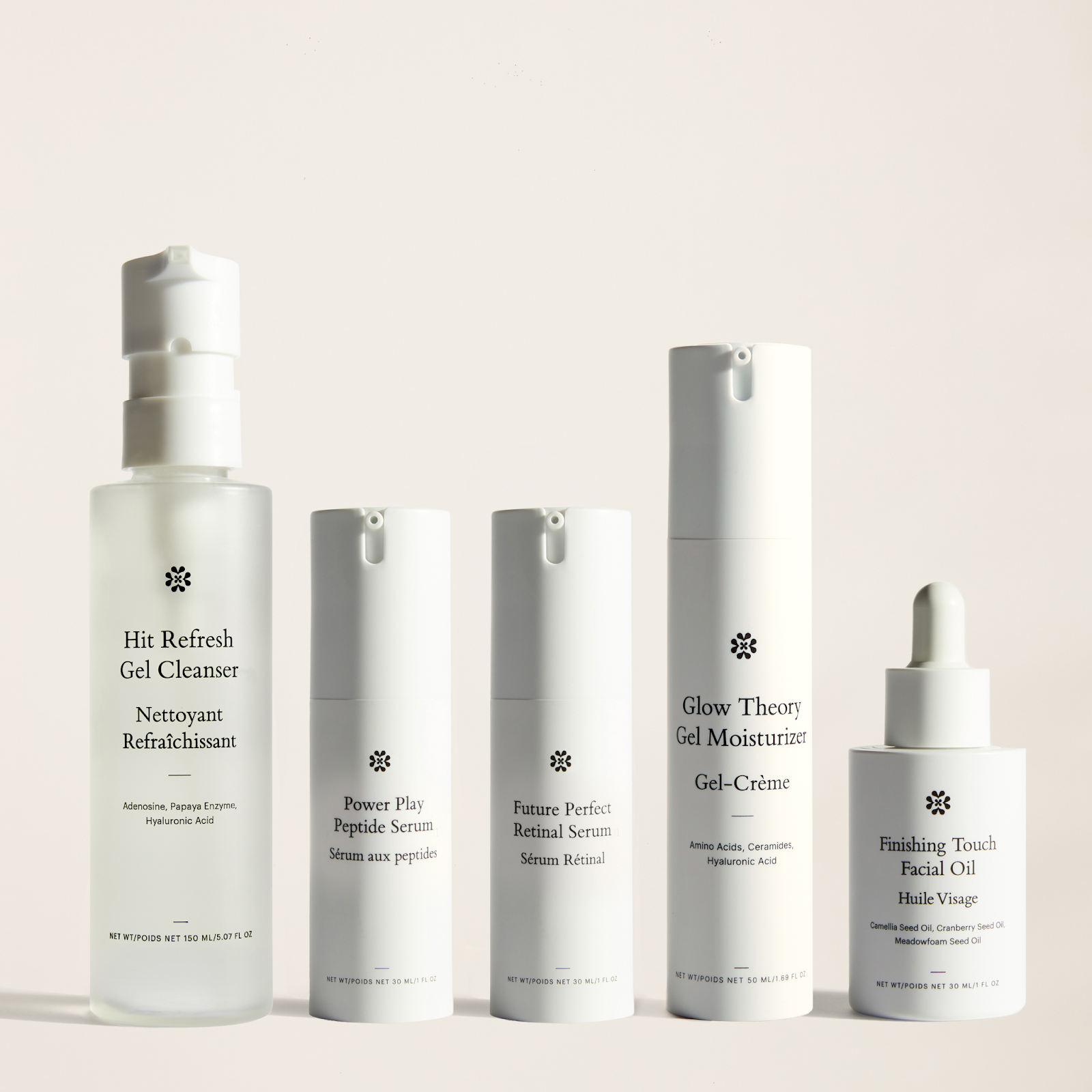
Anti-Aging Bundle
This five-step system is designed to deliver age-defying benefits and help you achieve more youthful, radiant-looking skin. Super potent retinal and peptide actives reduce fine lines, improve texture, and even out skin tone.